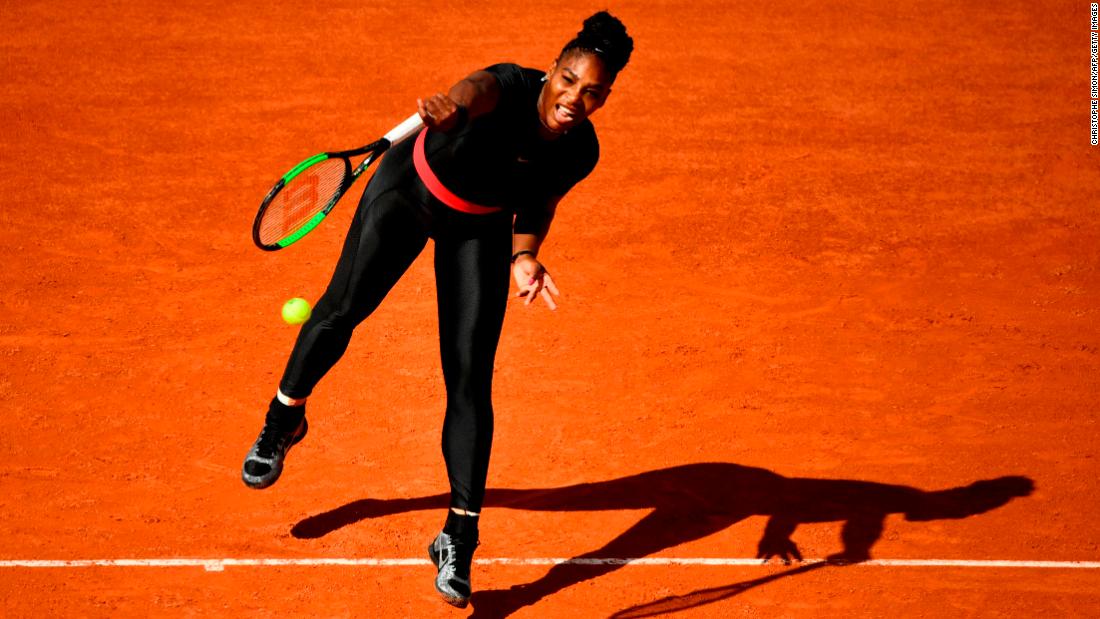
The professional tennis organization on Monday announced changes to the special ranking rule, which take effect starting in 2019. Under such a rule, a player's ranking freezes in the event of injury, illness or pregnancy.
As part of the modifications, players returning from pregnancy or long-term injury will be able to use their special ranking at additional tournaments and for seeding purposes. For pregnancy, that time period now begins at the birth of the child, and players can use that special ranking for three years.
The changes, the organization says, will make it easier for women who want to start a family to return to competition.
"Our players should feel comfortable and confident to take time away from the courts to have a family or recover from injury, and I think these new rules support that," Azarenka, a former world No. 1 and a two-time major champion who returned to the game after giving birth to her son, said in a statement.
"This is a really good first step and we are using it as a base to continue to look for ways to improve and highlight the importance of mothers working and being on Tour. My goal as a member of the Players' Council is to make sure that the WTA is the pioneer of being the most progressive and inclusive association in sports."
A player who is out of competition for 52 weeks or longer may use her special ranking in 12 tournaments. If a player's special ranking would qualify her for a seeded position in a tournament, then she will be an "additional seed" in the draw. That means she will be randomly drawn to an available line in the draw that does not play another seeded player in the first round. As a result, no player will be bumped from her earned seeding position.
"These changes are designed to fully support players in their return to competition, while maintaining the highest standards of athletic competition and fairness," WTA CEO and Chairman Steve Simon said in a statement.
It's something that likely would have benefited the comeback of Williams, who won the 2017 Australian Open, her 23rd-career major singles title, while pregnant. When she left, she was ranked No. 1 in the world. When she returned to play in March after giving birth to her daughter, she was unseeded at Indian Wells and in Miami, losing early in both tournaments. She also was unseeded in the French Open, her first grand slam event in her comeback.
Additionally, the WTA said Monday that women on the tour will not be penalized or prohibited from wearing leggings or compression shorts without a skirt, dress or shorts over them at WTA tournaments.
At the French Open, one of the four grand slam events, Williams wore a catsuit, which she said she did because of her history of blood clots, and it garnered much attention.
In August, French Tennis Federation president Bernard Giudicelli said that Roland-Garros was implementing a dress code that would ban the suit.
Grand slams have their own set of rules, which can differ from those at WTA tournaments.
No comments:
Post a Comment